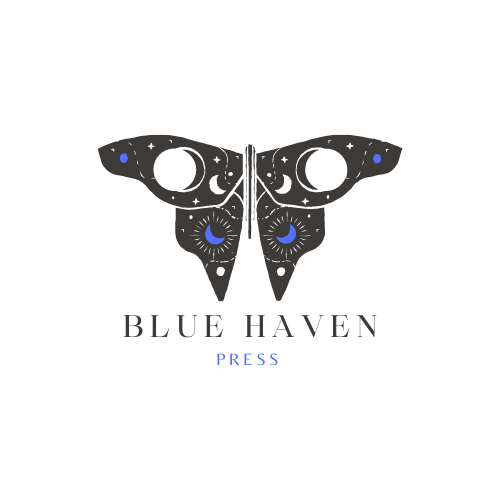
This is an incredible novel. Poetic. Prophetic. Powerful. I’m not even sure how it ended up on my Kindle; perhaps it was on a free books newsletter and I downloaded it based on the glorious front cover. I love watching jellyfish. They’ve always been my favourite tank at the Vancouver Aquarium. Of course, there they were captive jellyfish contained for our amusement and we, watching from the outside, felt safe.
Here, jellyfish are marauders and we are their amusement.
“The jellyfish rule the ocean now. With limited predators, warm oceans and over 700 million years of evolution, they’ve become sly at adapting to the elements.”
This impactful apocalyptic novel—the first in Jillian Webster’s The Forgotten Ones trilogy—begins in futuristic New Zealand, where the writer now lives. The book falls into that newish realm we call eco-fiction or eco-myth. The writing is poetic and literary; the plot, adventurous with enough romantic suspense to keep you up at night, and for those of us who love magic, Webster even adds a dash of the fantastical. Maia, the feisty twenty-year-old female protagonist, is something of a nature goddess. In this passage, reminiscent of the ancient Gaelic “Song of Amergin” Maia discovers her destiny and then must accept it, and wear it.
“You are the reincarnation of a living earth, long forsaken. You are her. You are the soul of the trees, the heartbeat of each crawling ant, the breath of every humming bee. You are the music of the babbling brook and the pulse of each undulating wave. You are the spotted clouds of deep red sunsets and every reflective crystal of white mountain tops. You are the delicate drop of rain and the crushing avalanche of ice.”
The tale begins with a prologue—a nightmare—in which a mother she cannot remember, beckons Maia to follow her destiny. This recurring dream precipitates Maia’s decision to leave the comfortable safety of the mountain haven her grandfather built for her, after he dies. Her choices? Live alone. Marry some old man from the North Island Community. Or follow her mother’s voice and set out to seek her destiny.
“Life as a whole tends to work like this; the most beautiful things in this world have been born from disaster.”
The philosophy is tribal. We’ve heard it before; yet we always forget. And the consequences of forgetting is a planet flooded due to melted poles, overrun with jellyfish. Powerless cities rot beneath the sea, and desperados run disparate communities. It can be triggering, given the state of Earth these days. Yet there is a glint of hope in this torpid sea of jellyfish. A rumoured Utopia —The Old Arctic Circle—The New World.
“Before The End, there was a lot of talk about this anomaly, this place on earth that for thousands of year had been covered in ice. A wasteland—no man’s land. Once the glaciers melted, there were these massive uninhabited pieces of earth at the very beginning stages of what they were like millions of years ago.”
Imagine it. A tropical paradise as yet pristine and unaffected by human greed. Wouldn’t you search for it? I would.
Be aware this book could trigger you. It will certainly make you think. When Maya dives off a pirated freighter into the sea off the west coast of California and lands in a wavering island of garbage, I almost stopped reading. It was too real, too much to dwell on. I know we’re dumping tons of plastic and garbage into the ocean daily. How long will it take before the garbage rises to the surface and becomes an island of nets, plastic, and death?
The best part for me was discovering that there is a book 2—The Burn of a Thousand Suns. I hope that people; at least, the “right” people hear the message Jillian Webster offers before it’s too late.


